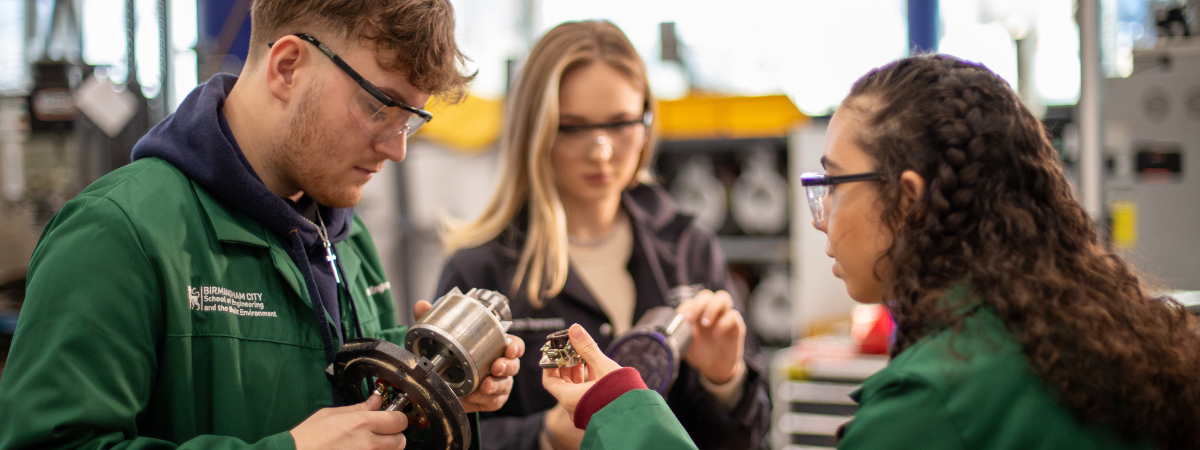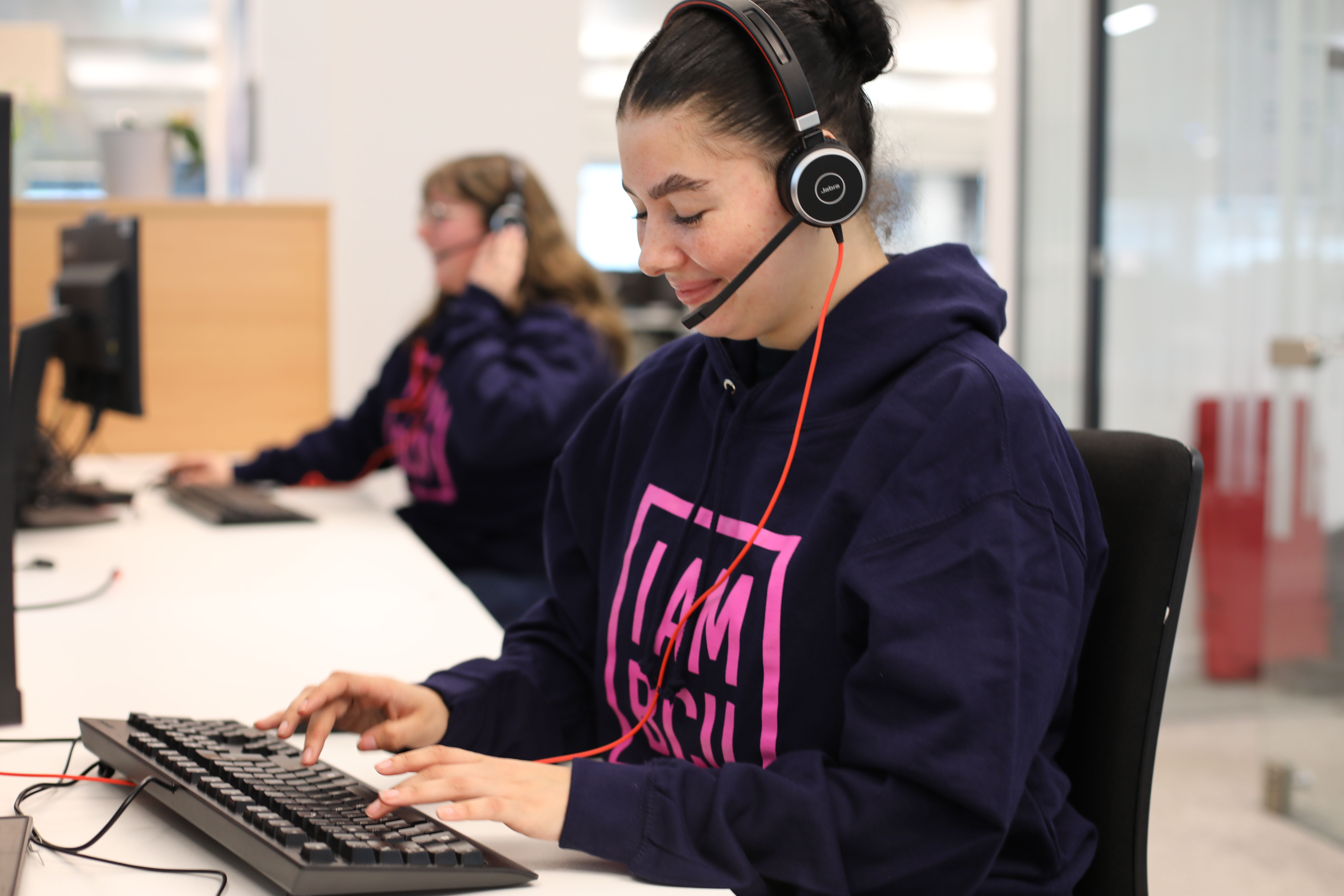Five ways to prepare for your Engineering degree
Not sure what to do between now and starting university? Don’t fret, we’ve listed five ways to help you keep up to date and be most prepared for your degree. Give yourself that head start by going through our top recommendations below and you’ll be ready to start uni in no time!
1. Utilise social media
Familiarising yourself with some of the industry giants through social media is a great way to build on your commercial awareness. Start following Engineering titans such as Dyson and Jaguar Land Rover to keep up to date with new developments and innovations. We’ve added a few more recommendations below for extra resources and inspiration to learn more about the engineering community:
Plus, you can also join Quora which is an online community where users can post or answer questions and follow engineering-related boards.
2. Update your LinkedIn profile
LinkedIn is a global social media app that is used for professional networking with a plethora of employers from all different sectors and organisations. If you haven’t already, we recommend building a LinkedIn profile. You’ve probably heard of the importance of networking, especially when you’re new in the industry. Luckily, LinkedIn makes networking easy. Spending some time to work on your profile and CV will help you become more visible and build contacts. Connect with your peers and be one of the first to find out about new job opportunities and industry insights.
3. Websites to visit
We’ve listed our favourite websites below to test your engineering knowledge and gain a comprehensive understanding of the field before you start your degree:
- Engineering.com provides the latest engineering-related news and articles from around the world. They also post informative and engaging webinars which cover a range of topics that you can sign up to.
- I want to study engineering is a website which will help you solve engineering problems. It is full of video tutorials, games and practice questions to help you get started.
- Brilliant will help you see concepts visually and interact with them through participating in some fun and interactive challenges, allowing you to think like an engineer.
- Isaac Physics features physics and maths problem-solving questions and an extensive range of resources.
4. Books to read
We recommend you read the following Engineering books:
Invention and Evolution – Design in Nature and Engineering, by M. J. French. This textbook provides an introduction to functional design, using examples of manufactured artefacts and living organisms to demonstrate fundamental underlying principles. Great for any engineer especially anyone studying Manufacturing Engineering.
Automotive Handbook, by Robert Bosch GmbH. This is a great go-to guide for any Automotive Engineer which covers multiple topics from basic principles to automotive electrics.
Bebop to the Boolean Boogie: An Unconventional Guide to Electronics, by Clive Maxfield. If you’re an Electronic Engineer this book provides an in-depth explanation of how today’s integrated circuits work, how they’re designed and manufactured and how they’re put together into powerful and sophisticated electronic systems.
Engineer to Win, by Caroll Smith. Caroll was a super successful professional race car driver and engineer and his book is a must-read for guidance on how to become a world-class engineer. If you’re a Mechanical Engineer we particularly recommend you read this book.
5. Podcasts and audiobooks
Are you more of an auditory learner? Then find a podcast or an audiobook that interests you the most. We recommend The Engineering Student Experience Podcast or The Engineers Collective as a starting point.
With one quick search, you’ll be able to find the right one for you. Whether you’re interested in interviews with some of the biggest industry juggernauts or finding an autobiography of someone whose career you admire, you can use Apple podcasts and Spotify to find the right podcast or Audible to find your perfect audiobook (currently offering a 30-day free trial!).
We hope you found this useful in preparing to study for a career in engineering. Keep in touch with us on Twitter and Facebook to ask us any questions you might have.

